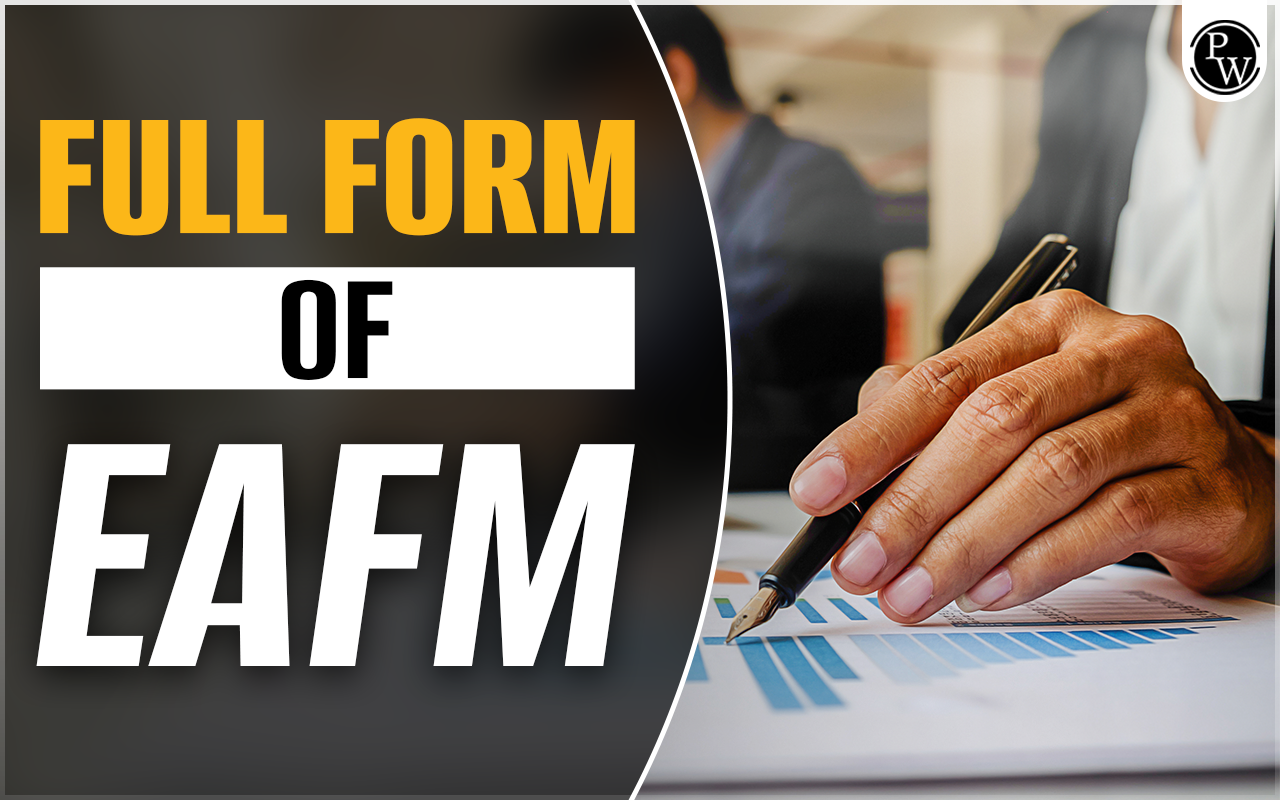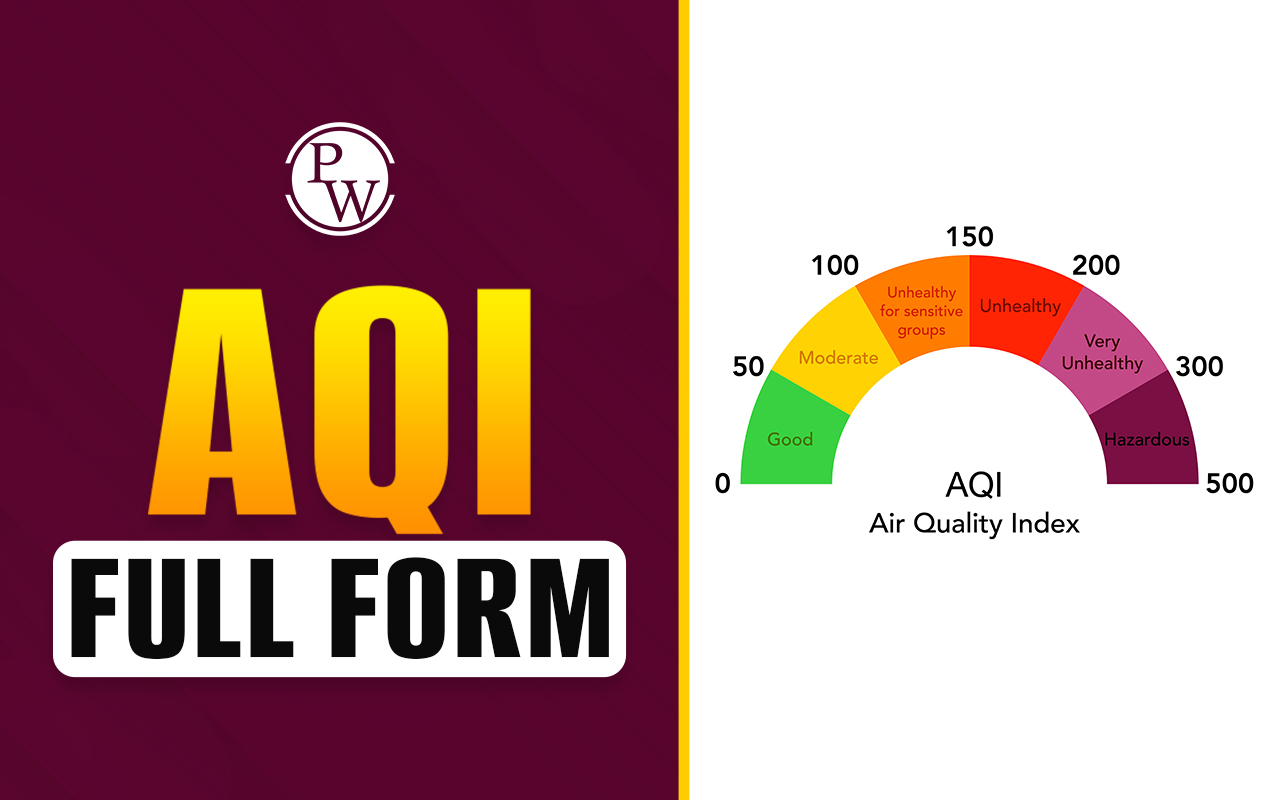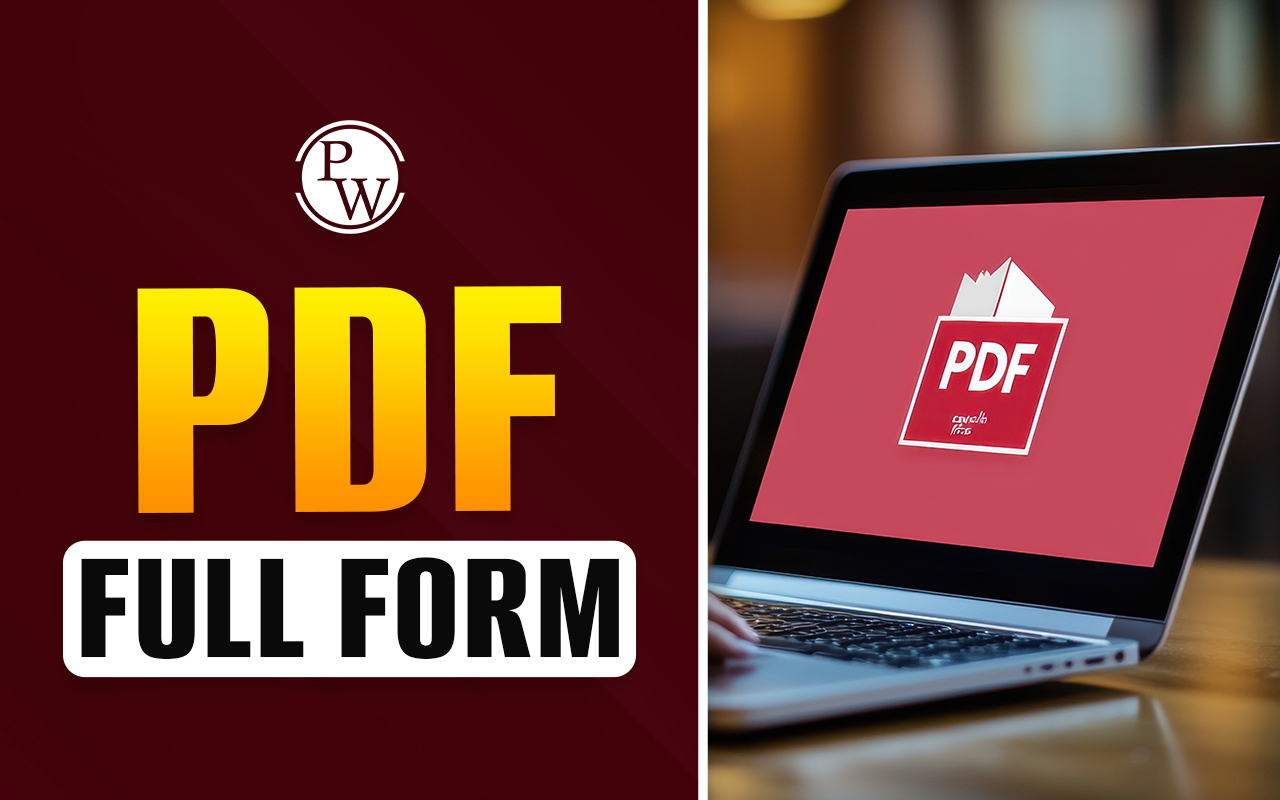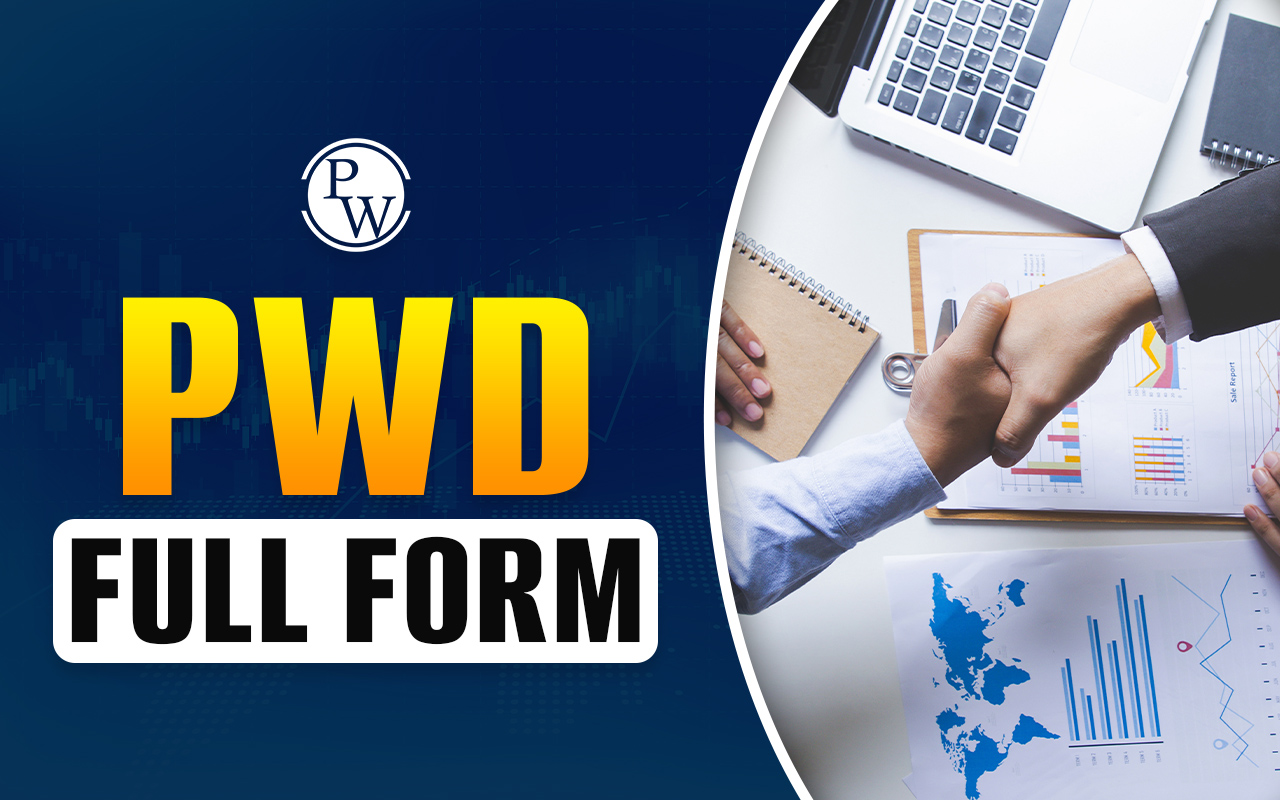The full form of EAFM is
"Economic Administration and Financial Management" a 2-year postgraduate program after B.com. Furthermore, this course gives comprehensive financial and administrative management expertise for establishing a business and managing diverse industries.
However, Managerial Economics, International Trade, Advanced Financial Management, Quantitative Techniques, the Indian Financial System, Monetary Economics, Administration of Public Enterprises, and other topics are covered in this course.
Overview of M.Com in EAFM
Monetary management is organizing, coordinating, and planning bookkeeping, contribution, banking and security, protection, and other financial activities. The course will ultimately improve financial management skills.
In addition, it provides relevant knowledge, develops specialized abilities, incorporates them, and places them inside a primary core interest. Special competency is instructed in each point area from a critical perspective, so students decide on budgetary choices in a hierarchical system setting.
Above all, the course focuses on the controller and treasury operating within the framework of the official system, particularly from the perspective of the CFO. The following tables represent the overview of M.com in Economic Administration and Financial Management.
| Program Full Name |
Master of Commerce in EAFM (Economic Administration and Financial Management) |
| Program Level |
Degree |
| Duration of the Program |
2 Years |
| Examination Type |
Year |
| Eligibility |
Graduation |
| Admission Process |
Entrance Exam and Merit-Based |
| Average Program Fee |
Upto Rs. 1 Lakh |
Qualification for M.Com in EAFM
If a graduate in B.com wants to do post-graduation in Economic Administration and Financial Management then he or she must know the eligibility qualification for M.com in EAFM. The following points clarify the qualifications needed for M.com in Economic Administration and Financial Management.
- Graduation in commerce with at least 45% marks in aggregate (40% in case of SC/ST candidate) or any other equivalent qualification.
- Part of the Direct Placement Test of much-rumoured colleges and foundations for confirmation.
Career Options After M.Com in EAFM
Many recognized universities in India offer a Master of Commerce (M.Com) in Economic Administration and Financial Management, a popular two-year postgraduate degree. Its syllabus is a level above the concepts you learn in the B.Com program.
Generally, students pursue an M.Com degree to gain a greater understanding of the professional sectors of accounting, taxation, banking, finance, and insurance. However, without any guidance, selecting a career path from a variety of alternatives might be challenging.
If one has not chosen the correct subject after M.Com, it is difficult to locate high-paying professions. To choose the correct employment after M.Com, one must be aware of all work opportunities.
The following are some occupation types after M.com in Economic Administration and Financial Management.
- Treasurer
- Hazard Manager
- Expert
- CFO
- Protection Manager
- Fund Officer
Documents Required for M.Com in EAFM Admission
Students who do not present all relevant original documents when requested may be denied admission or asked to leave the University. Therefore, students who want admission to M.com Economic Administration and Financial Management must bring the following original documents with them to the institute campus.
- HSC Certificate and Marksheet.
- All graduation certificates and mark sheets.
- +2 Certificate and Mark sheet.
- College leaving certificate.
- Provisional Certificate
- Migration certificate if the student has migrated from another university.
- Caste /Physically Handicapped Certificate /Tribe Certificate (for SC / ST Candidate).
- Passport size color photograph (5 copies) duly attested by a Gazetted Officer.
Syllabus of M.Com in EAFM
M.com in Economic Administration and Financial Management syllabus is prescribed by various universities and colleges in the following table:
| Paper Code |
Subjects of Study |
| 1 |
Management Concepts & Organization Behaviour |
| 2 |
Financial & Cost Accounting |
| 3 |
Statistical Analysis |
| 4 |
Financial Management |
| 5 |
Managerial Economics |
| 6 |
Business Environment |
| 7 |
Marketing Management |
| 8 |
Financial Institutions & Markets |
| 9 |
Accounting for Managerial Decisions |
| 10 |
Investment Management |
| 11 |
Security Market Operations |
| 12 |
Working Capital Management |
| 13 |
Computer Applications in Business |
| 14 |
Corporate Legal Framework |
| 15 |
Funds Mgt in Commercial Banks & Insurance |
| 16 |
Operations Research |
| 17 |
Stock Market Investment (for Non-Commerce Students) |
| 18 |
Project Planning & Control |
| 19 |
Portfolio Management |
| 20 |
Corporate Tax Planning & Management |
| 21 |
International Finance |
| 22 |
Summer Project Report & Viva |
| 23 |
Financial Service Marketing |
| 24 |
Forex Management |
| 25 |
Computer-Aided Multivariate Data Analysis for Decision Making |
| 26 |
Financial Statement Analysis |
| 27 |
Strategic Financial Management |
| 28 |
Multinational Financial Management |
| 29 |
Derivatives & Risk Management |
| 30 |
Indirect Taxes Management |
| 31 |
Management Information Systems |
| 32 |
Strategic Management |
| 33 |
e-Commerce |
| 34 |
Emerging Accounting Techniques |
[wp-faq-schema title=" Full Form of EAFM FAQs" accordion=1]














